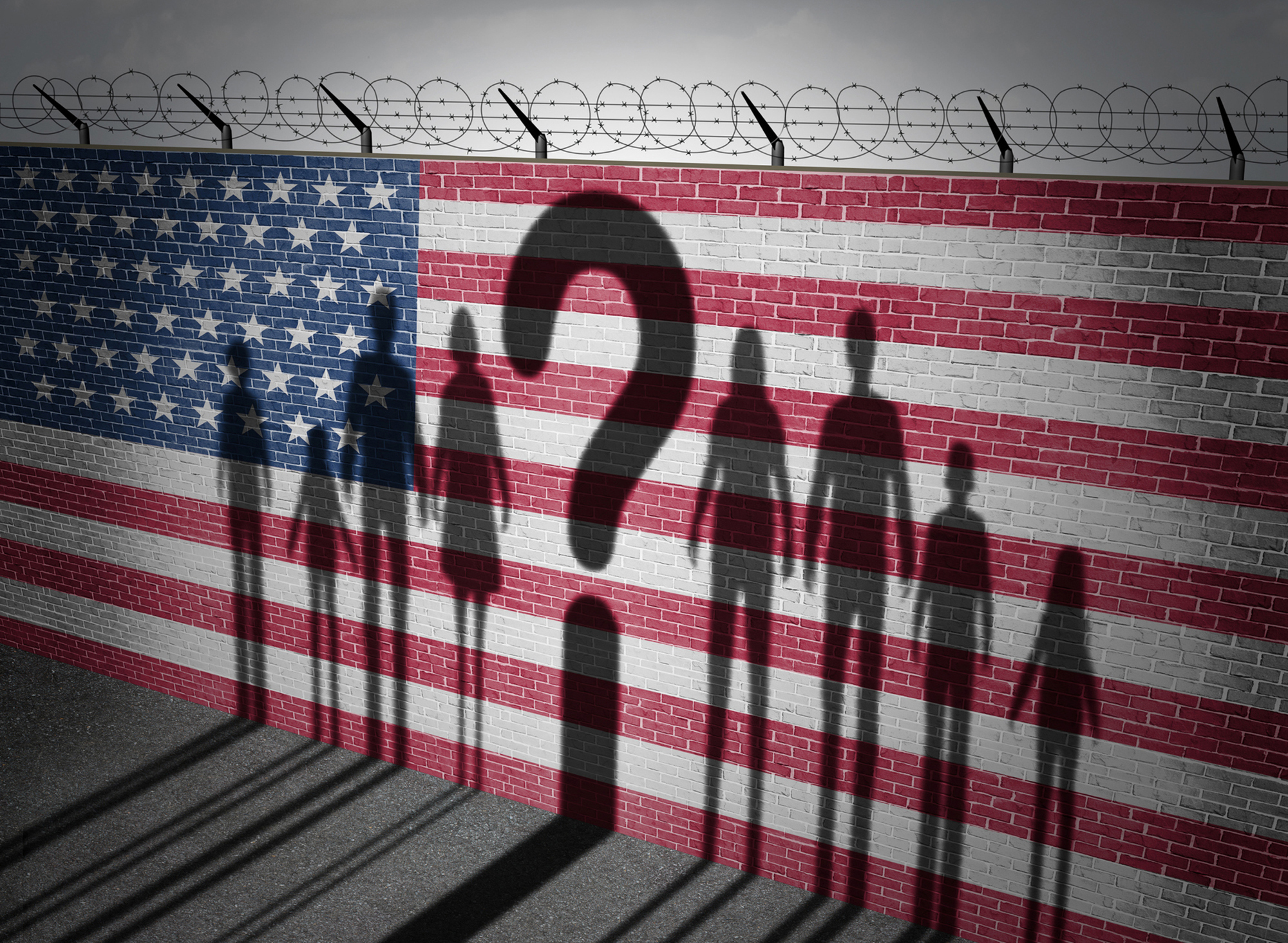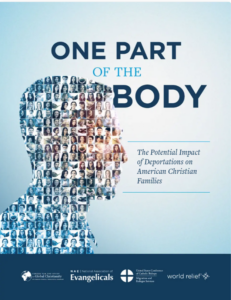
JACKSON, Miss. (BP)–A bill that would have banned most abortions in Mississippi died March 27 when members of the state House and Senate failed to reach a compromise.
The bill, passed March 2 by the House, would have banned all abortions in the state except in the cases of rape, incest and to save the mother’s life. The two chambers entered into a conference upon the Senate’s request.
Some legislators, including some pro-lifers, opposed the House bill because it jeopardized Mississippi’s informed consent law, which is already on the books and being enforced. That law requires, among other things, a 24-hour waiting period before obtaining an abortion and a face-to-face meeting between a woman and a doctor.
In essence, the House bill repealed the informed consent law in favor of an abortion ban.
Terri Herring, president of Pro-Life Mississippi, opposed the House bill in its current form.
“We would not accept a conference report that strips us of current law for a law that we can’t enforce, because we know that any kind of ban that goes into effect goes to the courts,” Herring told Baptist Press. “… If we had accepted the House provisions, we would have lost everything we had worked for in the last several years in regards to what women are told and what women are offered.”
South Dakota’s governor signed a bill into law in early March that bans all abortions except to save the mother’s life. Supporters of such proposals acknowledge the bills will be overturned in federal court, but they hope to see the Supreme Court eventually take the case and overturn Roe v. Wade, the 1973 decision that legalized abortion nationwide.
The original bill in Mississippi, as passed in February by the state Senate, amended the informed consent law to require abortionists to offer a woman a sonogram and a chance to hear her baby’s heartbeat. But in a surprise move, the House gutted that provision — and by doing so gutted the current informed consent law — and replaced it with an abortion ban.
Mississippi Gov. Haley Barbour, a Republican, had indicated he would have signed the bill.
“We basically have gone on a wild ride that led us to the point of keeping in effect what we have right now,” Herring said.
The abortion ban divided pro-lifers, with some saying such a move should wait until the U.S. Supreme Court has the votes to overturn Roe. Of the court’s nine members, five are on record as supporting Roe.
“We did not initiate this abortion ban, so we were still — and we are still — in favor of working on incremental legislation until we know a little bit more about the court,” Herring said. “… [W]e felt like to oppose this legislation was not a good idea. When it came up, we were willing to work with it on our terms.
“Mississippi’s very pro-life,” she added. “We have the votes on the House and the Senate, overwhelmingly, to ban abortion. And that’s not something that we have supported in the past. But I do think a time is coming when the states have got to have a show of power. … If you have 10 states that are willing to ban abortion, you’re sending a strong statement.”
That statement to the court, Herring said, would be, “You’ve taken away the states’ rights, you’ve taken away the peoples’ rights, and it’s time to restore those rights to the states.”
The worldwide attention on Mississippi helped the pro-life cause, she added.
“The best thing we got was a lot of free press to be able to talk about how abortion hurts women and kills children,” she said. “We’ve been interviewed by Rolling Stone magazine, the British press, the Canadian press, the German press, the French press. So, the world is watching to see what America is going to do. … The world is concerned. They know that America is the leader. The rest of the world is watching to see what the Christian nation is going to do about abortion.”
–30–













